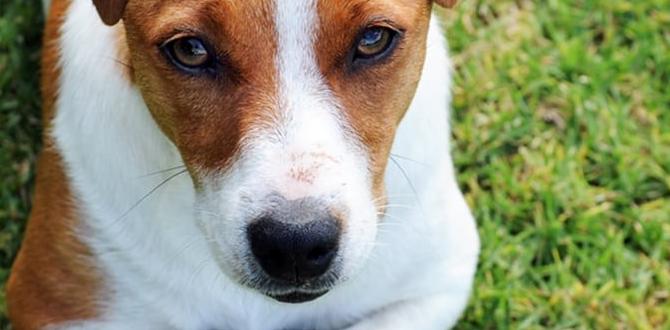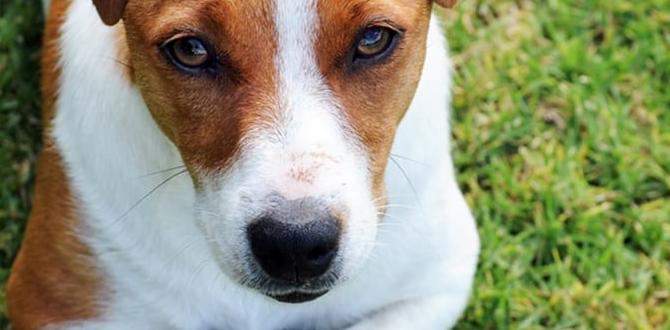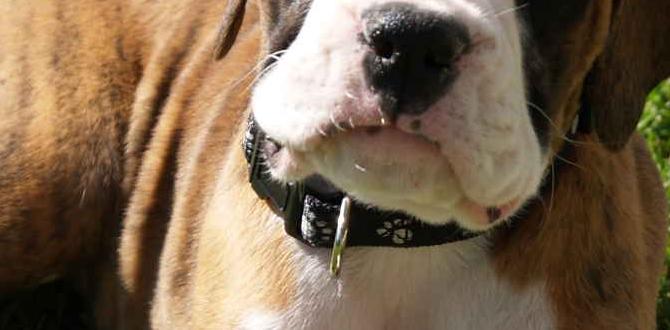Dog Socialization: Exclusive Tips & Solutions
Dog socialization tips solutions are crucial for raising a well-adjusted, confident, and happy canine companion. From the moment your puppy enters your home, or even before, their experiences will shape their future interactions with the world. Early and positive exposure to a variety of people, places, sounds, and other animals is not just beneficial; it’s foundational for preventing fear-based aggression, anxiety, and general behavioral issues later in life. Whether you’re a seasoned dog owner or welcoming your first furry friend, understanding and actively implementing effective socialization strategies can make a world of difference.
The Critical Window: When Does Dog Socialization Matter Most?
The most sensitive period for puppy socialization generally occurs between 3 and 16 weeks of age. During this time, puppies are like sponges, absorbing information and forming lasting impressions. Exposing them to new sights, sounds, textures, and individuals in a positive and controlled manner during this window is paramount. However, this doesn’t mean older dogs can’t be socialized. While a more challenging endeavor, adult dogs, especially those with limited previous exposure or negative experiences, can absolutely benefit from structured socialization efforts, albeit with careful planning and often professional guidance. The key is always to create positive associations and avoid overwhelming the dog.
Essential Dog Socialization Tips for Puppies
For young puppies, the goal is broad exposure in a safe and positive way:
Variety of People: Introduce your puppy to people of different ages, genders, ethnicities, and appearances. Ensure these interactions are gentle and rewarding, perhaps with small treats. Think about people wearing hats, glasses, carrying umbrellas, or walking with canes.
Gentle Handling: Accustom your puppy to being touched all over – ears, paws, tail, mouth. This makes veterinary visits and grooming much easier and less stressful down the line.
Sounds and Sights: Expose them to common household noises like the vacuum cleaner, washing machine, and doorbell. Introduce them to different environments: parks (once fully vaccinated), quiet streets, pet-friendly stores (again, post-vaccination).
Other Well-Behaved Dogs: This is vital. Arrange playdates with vaccinated adult dogs known to be friendly and patient. Puppy classes are also an excellent, supervised way for them to learn canine social cues and manners.
New Textures and Surfaces: Let them walk on grass, pavement, gravel, carpet, and even slightly unstable surfaces like cushions or wobble boards. This builds confidence and proprioception.
Experiences, Not Overload: The key is quality over quantity. A few positive interactions are far better than many overwhelming or frightening ones. Always watch your puppy’s body language and end interactions before they show signs of stress. Signs of stress can include lip licking, yawning, whale eye (showing the whites of their eyes), tucked tail, or attempts to escape.
Solutions for Socialization Challenges in Adult Dogs
For adult dogs, especially those who are fearful, reactive, haven’t been socialized, or have had negative experiences, a more cautious and strategic approach is needed.
Controlled Introductions: Never throw an adult dog into a chaotic situation. Introductions to new dogs should always happen on neutral territory, with leashes initially, and ideally with a calm, well-socialized dog as the “greeter.”
Positive Reinforcement: Use high-value treats and praise to reward calm and appropriate behavior around new stimuli. For example, if your dog sees another dog at a distance and remains calm, immediately reward them.
Counter-Conditioning and Desensitization: This involves gradually exposing your dog to something fearful at a distance where they are not reacting, and then rewarding them for remaining calm. Slowly decrease the distance over many sessions as their comfort level increases. This is a core technique for resolving fear and reactivity.
Observe and Respect Boundaries: Understand your dog’s threshold – the point at which they become uncomfortable. Respect their signals and don’t push them past it. If your dog is scared of men, don’t force them to interact with a man. Instead, work with a calm, trusted male acquaintance at a distance your dog can handle.
Professional Help: For significant fear, anxiety, or aggression, consulting a certified professional dog trainer or a veterinary behaviorist is highly recommended. They can create a personalized plan and guide you through complex behavioral modification techniques.
Creating a Socialized Dog: Ongoing Strategies
Socialization isn’t a one-time event; it’s a continuous process throughout a dog’s life.
Maintain Regular Exposure: Continue to expose your dog to different environments and calm social interactions throughout their life. This keeps their social skills sharp.
Advocate for Your Dog: Learn to recognize when your dog is uncomfortable or overwhelmed and be prepared to remove them from a situation or politely decline an interaction. It’s okay to tell people, “Please don’t pet my dog right now, they’re a bit nervous.”
Enroll in Training Classes: Advanced obedience classes or specialized classes like agility or scent work can provide further opportunities for structured, positive exposure to new environments and other dogs.
Ultimately, successful dog socialization tips solutions hinge on understanding your individual dog’s temperament, creating positive experiences, and being patient and consistent. A well-socialized dog is not just a joy to own; they are a safer and happier member of society.
Meet Elyse Colburn, the devoted canine companion and storyteller behind the enchanting world of “Tales, Tails, and Adventures Unleashed.” A passionate dog enthusiast with a heart full of paw prints, Elyse Colburn shares heartwarming tales and insightful adventures, celebrating the joy, loyalty, and endless antics that make every dog a true hero. Join Elyse Colburn on this tail-wagging journey, where every post is a love letter to our four-legged friends.




